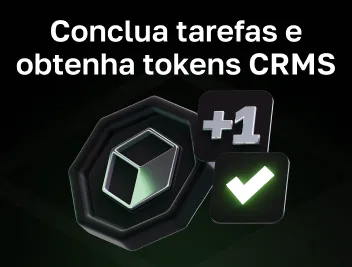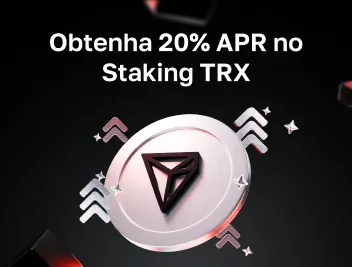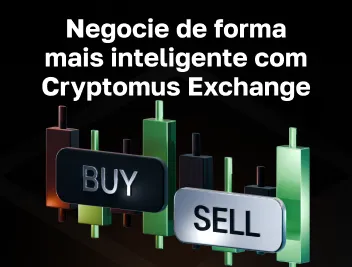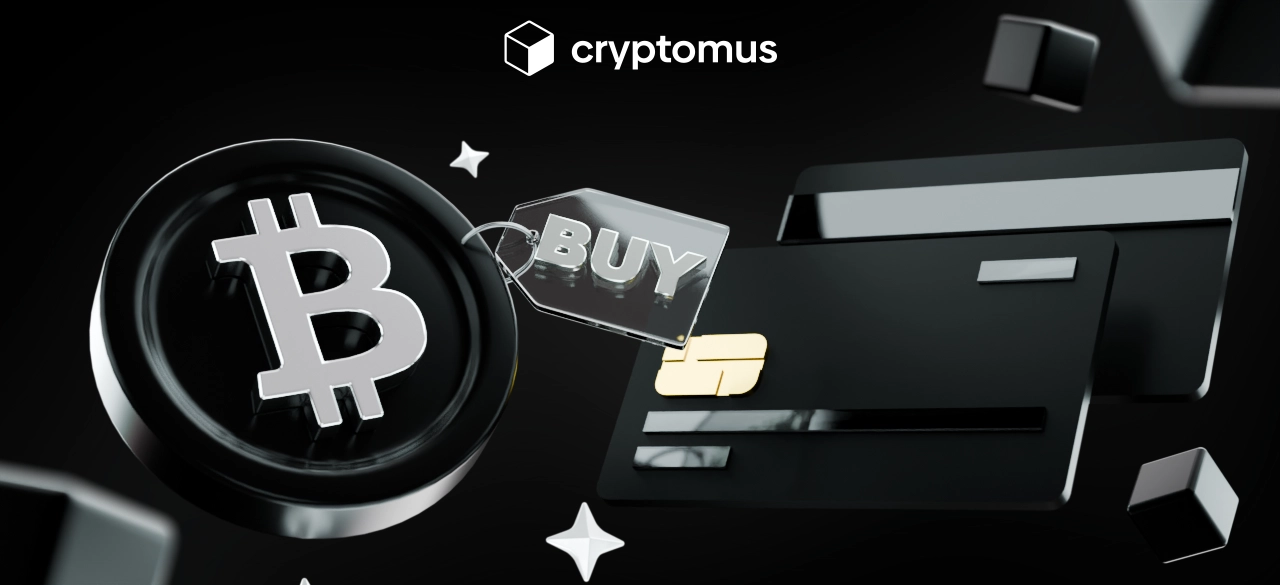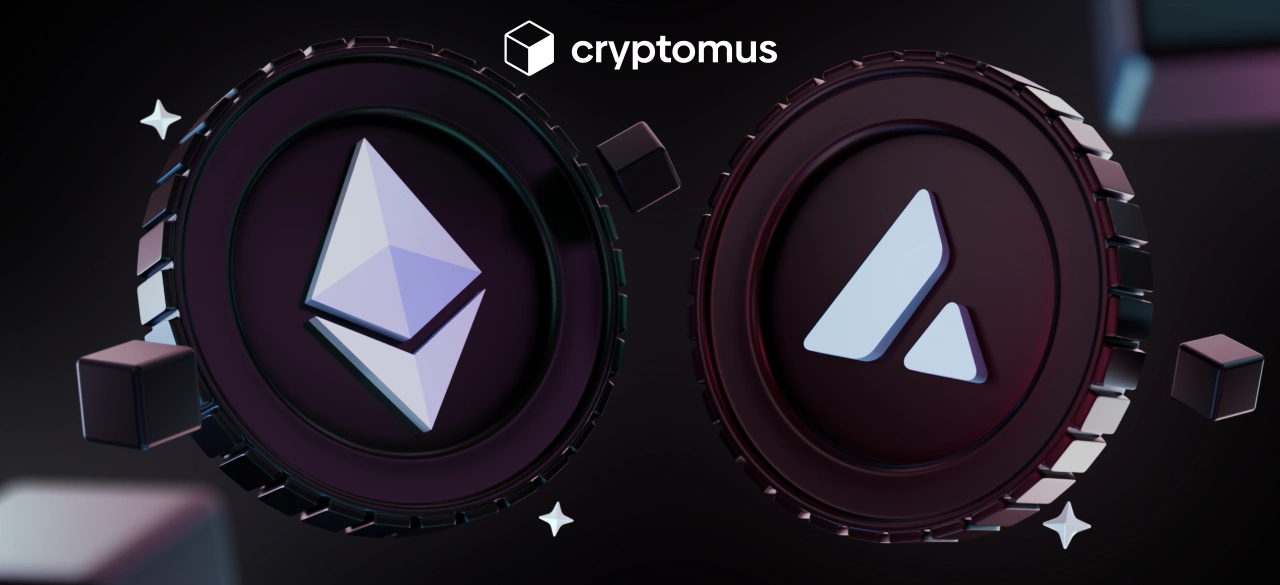
Ethereum Vs. Avalanche: Uma Comparação Completa
Índice
Ethereum e Avalanche são redes blockchain significativas. Embora ambas ofereçam recursos de dApps e contratos inteligentes, elas ainda diferem bastante.
Este guia compara essas duas moedas populares. Vamos destacar as principais diferenças e ajudar você a escolher a melhor opção.
O Que É Ethereum (ETH)?
Ethereum ocupa o segundo lugar em capitalização de mercado entre as criptomoedas. Com a implementação do Proof-of-Stake, o Ethereum 2.0 tornou-se mais escalável e eficiente em termos de energia.
Ethereum é uma plataforma poderosa para aplicativos descentralizados e contratos inteligentes. Suas transações automatizadas e recursos de segurança são essenciais para projetos DeFi. Os tokens ETH também podem ser staked para contribuir com a segurança da rede.
O Que É Avalanche (AVAX)?
Avalanche é uma plataforma blockchain escalável que desafia a dominância do Ethereum. Oferece uma rede escalável e eficiente para dApps e operações com criptomoeda. O distinto protocolo de Consenso Avalanche do AVAX o destaca com escalabilidade e desempenho inigualáveis.
Com sua flexibilidade, os desenvolvedores podem criar blockchains personalizados e sub-redes, apoiando um vasto escopo de aplicações inovadoras. Além disso, sua compatibilidade com EVM garante integração perfeita com os ecossistemas do Ethereum.
Ethereum Vs. Avalanche: Principais Diferenças
Avalanche e Ethereum diferem na velocidade das transações, taxas, escalabilidade e casos de uso. Vamos observar como essas diferenças funcionam na prática:
Velocidade das Transações
A velocidade das transações do Ethereum pode flutuar com base nas taxas de gás, condições de mercado e tráfego da rede. Assim, as transações ETH geralmente levam entre 13 segundos e 5 minutos. Avalanche leva a coroa aqui, processando transações em apenas 30 segundos.
Taxas
As altas taxas de gás do Ethereum desencorajaram os usuários, especialmente durante os horários de pico. As taxas podem variar de menos de $0.0001 a mais de $100. Elas são determinadas pela demanda por espaço no bloco e podem aumentar durante os horários de pico, tornando as transações caras e potencialmente proibitivas para valores menores.
As taxas de transação do Avalanche são mais baixas do que as do Ethereum, com uma taxa média de AVAX de apenas $0.01. Pode subir para alguns dólares em interações complexas de contratos inteligentes, mas ainda é menos do que o ETH. Isso torna o AVAX mais adequado para microtransações frequentes.
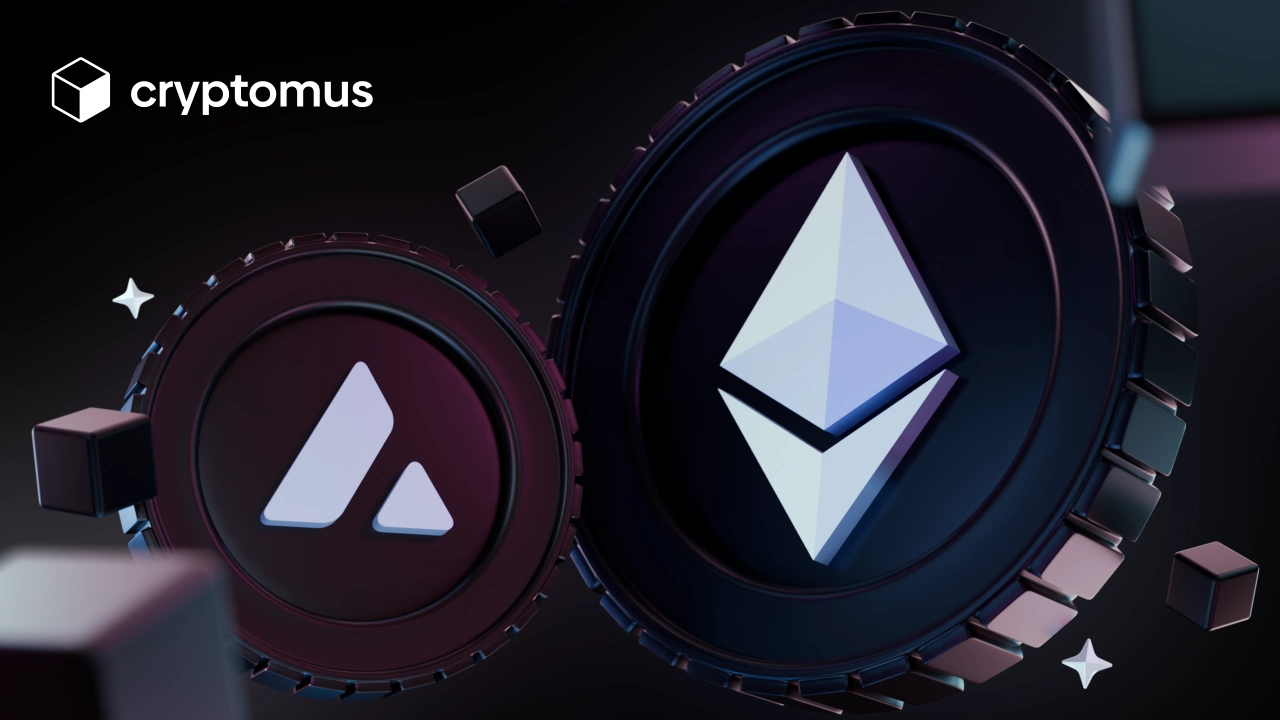
Escalabilidade
A velocidade das transações do Ethereum tem recebido críticas significativas. Ele processa de 12 a 15 transações por segundo, causando lentidão durante a demanda máxima.
Avalanche demonstra excelente escalabilidade, gerenciando um máximo de 4.500 transações por segundo. Isso torna o AVAX adequado para aplicações que requerem processamento rápido e confiável.
Casos de Uso
Ethereum possui um ecossistema extenso que levou a uma vasta gama de casos de uso. Estes incluem DeFi, NFTs, jogos e gerenciamento da cadeia de suprimentos.
Avalanche está vendo um uso crescente em aplicações que exigem alta capacidade de processamento. Ele se destaca em jogos, serviços financeiros e aplicações empresariais. Além disso, a capacidade de criar sub-redes personalizáveis o torna uma opção atraente para empresas que precisam de soluções sob medida.
Customização e Flexibilidade
Embora o ETH suporte numerosos aplicativos, sua personalização é um tanto limitada às capacidades do EVM. Assim, os desenvolvedores devem trabalhar dentro da rede Ethereum, o que pode limitar a flexibilidade.
Avalanche se destaca por sua flexibilidade, pois os usuários podem criar blockchains e sub-redes personalizados com parâmetros ajustados. Isso claramente dá aos desenvolvedores um controle maior sobre seus projetos.
Ethereum Vs. Avalanche: Qual É Melhor Comprar?
A escolha de investimento entre essas duas moedas deve ser guiada pelas suas necessidades. Avalanche supera o Ethereum em escalabilidade e velocidade de transação, enquanto o ETH mantém um ecossistema e uma comunidade de desenvolvedores maiores.
Se você valoriza compatibilidade e uma comunidade de desenvolvedores diversificada, o Ethereum pode ser a rede ideal para trabalhar. No entanto, espere custos mais altos e velocidades reduzidas, especialmente durante horários de pico.
As transações rápidas do Avalanche, taxas mínimas e arquitetura adaptável fazem dele uma alternativa atraente. Ao mesmo tempo, é uma plataforma relativamente nova, com seu uso e avanço futuro ainda incertos.
Ethereum Vs. Avalanche: Comparação Direta
Como é evidente, Ethereum e Avalanche exibem diferenças em vários aspectos. Aqui está uma comparação direta dos dois:
| Feature | Consensus Mechanism | Transaction Speed | Fees | Scalability | Use Cases | Customizability | |
|---|---|---|---|---|---|---|---|
| Ethereum (ETH) | Consensus MechanismProof-of-Stake | Transaction Speed10 segundos - 5 minutos | Fees$0.0001-$100 | Scalability12–15 transações por segundo | Use CasesDeFi, NFTs, soluções empresariais | CustomizabilityLimitado ao framework do Ethereum | |
| Avalanche (AVAX) | Consensus MechanismAvalanche Consensus | Transaction Speed1-2 segundos | Fees$0.01 | Scalability4.500 transações por segundo | Use CasesDeFi, jogos, blockchains personalizados | CustomizabilitySuporta blockchains personalizados e sub-redes |
Agora você sabe como ETH e AVAX se comparam entre si. Para tomar uma decisão entre eles, avalie suas necessidades e metas financeiras e faça uma pesquisa detalhada antes de investir dinheiro real.
Esperamos que este guia tenha sido útil. Envie seus pensamentos e perguntas abaixo!
Simplifique sua jornada criptográfica
Quer armazenar, enviar, aceitar, apostar ou negociar criptomoedas? Com o Cryptomus tudo é possível — cadastre-se e gerencie seus fundos de criptomoeda com nossas ferramentas úteis.
Iniciar
